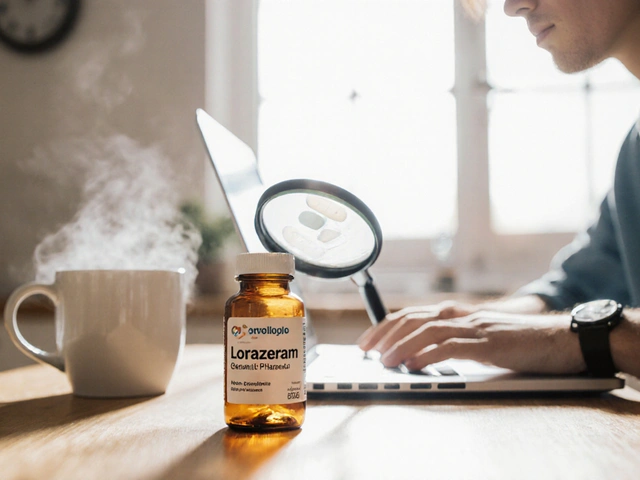Amantadine: what it does and what to watch for
Amantadine is a medication you may hear about for Parkinson’s symptoms, drug-induced movement problems, and — historically — some flu strains. If you or someone you care for is starting amantadine, this page gives quick, practical facts so you know what to expect and when to call your doctor.
Quick facts
Doctors often use amantadine to reduce tremor, rigidity, and involuntary movements caused by certain Parkinsonian conditions or by other drugs. A common starting dose many providers use is 100 mg twice daily, but dosing varies with the condition, age, and kidney function. People with reduced kidney function usually need lower doses. Never change your dose without checking with the prescriber.
Common side effects you might notice include dizziness, dry mouth, trouble sleeping, and mild swelling of the ankles. Some people — especially older adults — can develop confusion, hallucinations, or sudden mood changes. If you notice new confusion, severe dizziness, or signs of an allergic reaction, stop the drug and seek medical help.
Side effects, interactions, and safety tips
Pay attention to how amantadine affects your thinking and balance. It can increase fall risk in older adults and cause fainting for some people. Tell your doctor about other medications you take: anticholinergic drugs, other dopaminergic medicines, or stimulants can change how you respond to amantadine or raise side effect risk.
Special warnings: amantadine needs dose adjustment if your kidneys don’t work well. Pregnant or breastfeeding people should discuss risks and alternatives with their clinician. Don’t stop amantadine abruptly without medical advice — your symptoms may worsen or new problems can appear.
Storage is simple: keep the tablets at room temperature, away from moisture and children. If you notice unusual skin changes like a mottled rash (livedo reticularis) or sudden swelling, let your prescriber know.
Thinking about buying amantadine online? Treat this like any prescription drug: you need a valid prescription and a trustworthy pharmacy. Avoid sites that sell prescription meds without a prescription, offer unrealistically low prices, or have no clear contact or shipping info.
How to buy safely online:
- Confirm the pharmacy requires a prescription and lists a real phone number and address.
- Look for secure checkout (HTTPS) and clear privacy and return policies.
- Avoid vendors with no pharmacist contact or with sloppy labeling and grammar on the site.
- When in doubt, call your doctor or a licensed pharmacist to verify the product and dose.
If you have questions specific to your health, bring them to your prescriber — this page is meant to help you talk to them, not replace medical advice. Amantadine can help many people when used correctly, but safety checks and careful dosing make the difference.

As a blogger, I recently explored the challenges and limitations of using Amantadine in clinical practice. While it offers potential benefits in treating certain conditions, such as Parkinson's disease and some viral infections, it is not without its drawbacks. The most significant issues include side effects like dizziness, insomnia, and hallucinations, as well as the potential for drug resistance in viruses. Additionally, Amantadine's efficacy can be limited due to its narrow therapeutic window and potential for drug interactions. Overall, while Amantadine has its uses, it's crucial to weigh these challenges and limitations against its potential benefits in clinical practice.
Chris Gore May 5, 2023



